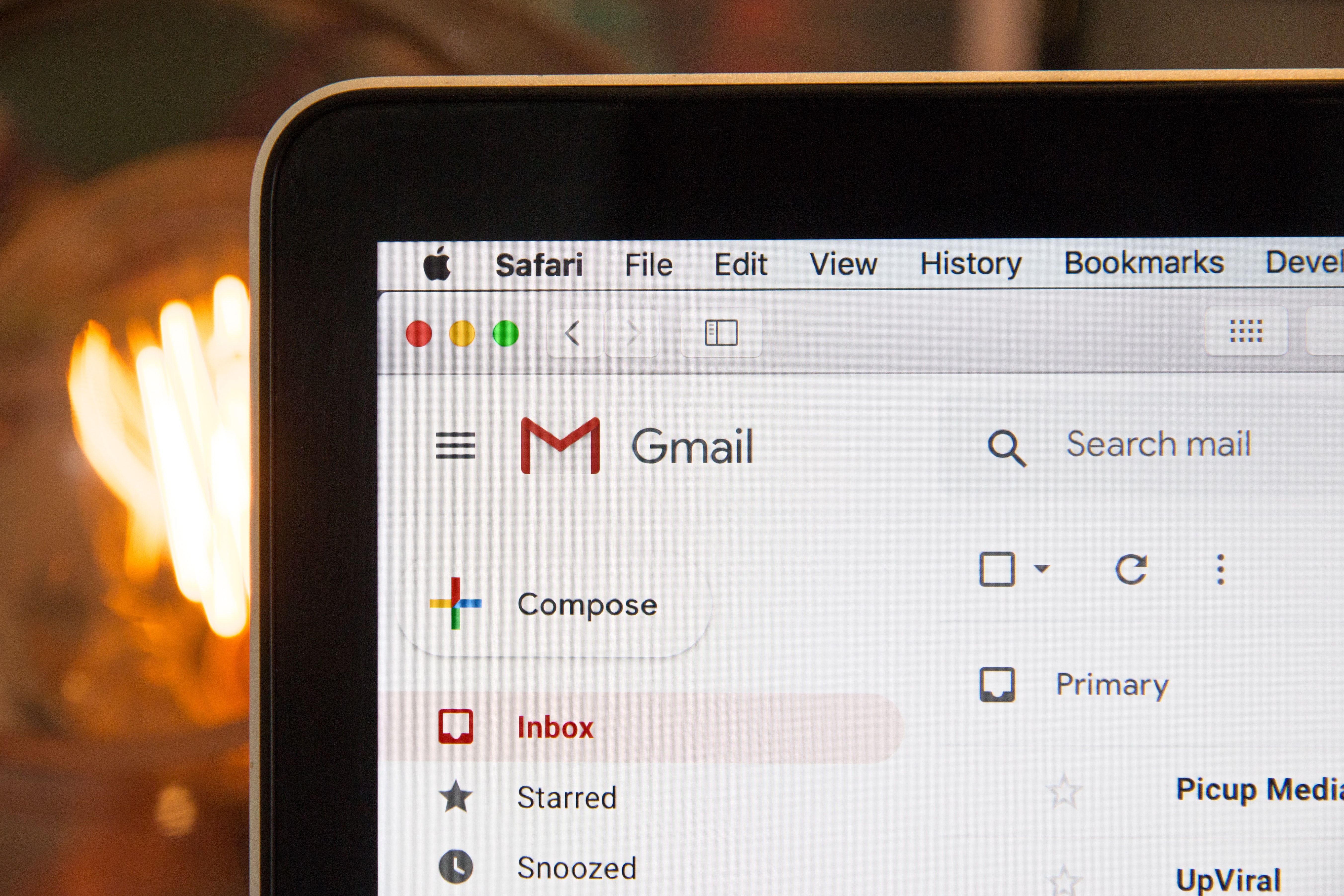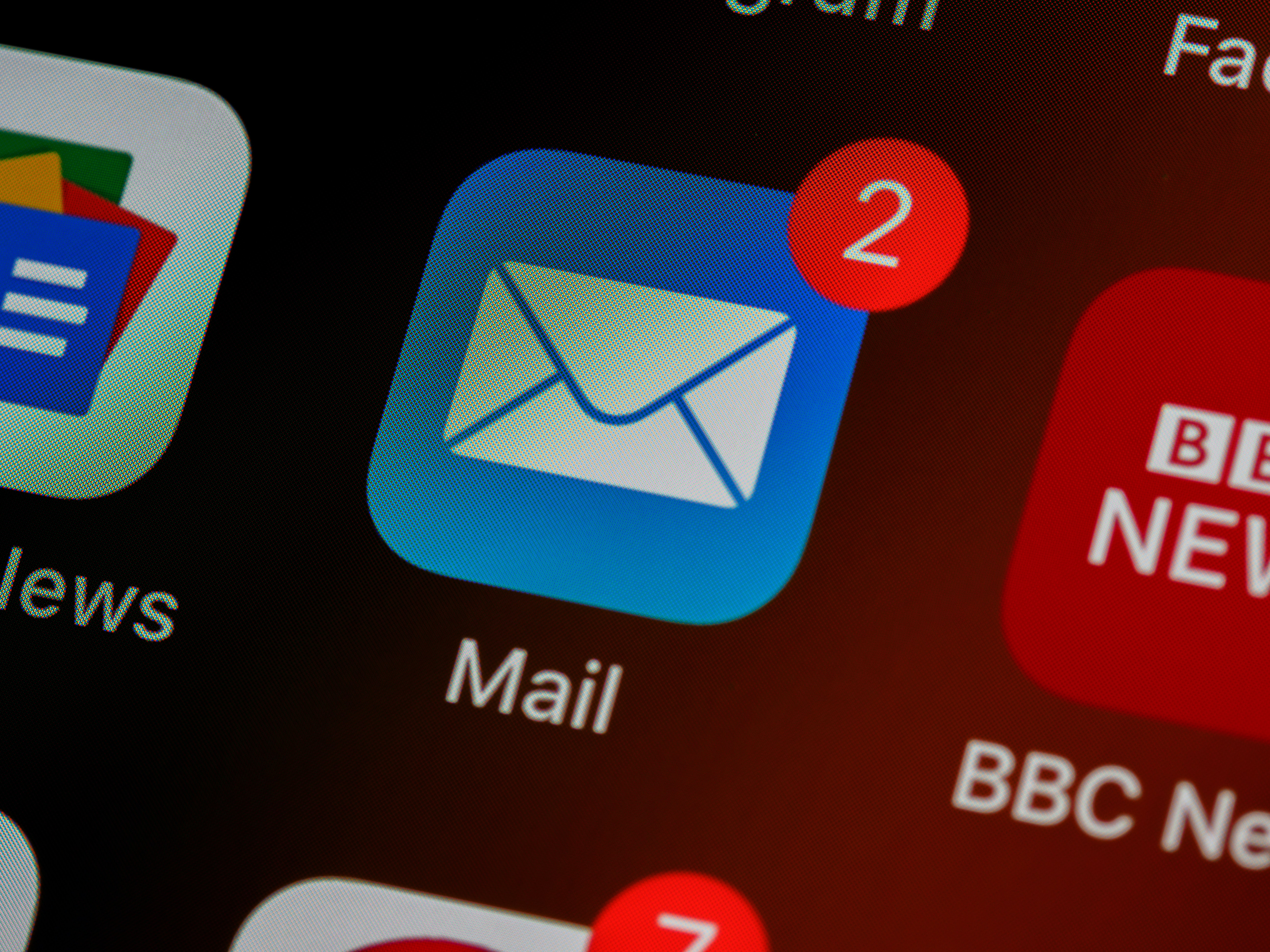Moving to university brings a whole range of new experiences, from huge and busy club nights to learning how to cook for yourself. But one of the new experiences that we don’t talk about enough is learning how to email your lecturers. Most people haven’t really had to do a whole lot of emailing before university, and now suddenly it’s your 2nd most used app on your phone. So we’ve got some tips and advice on how to email your lecturers, directly from a uni professor.
1. Follow their lead
When you send your first email to a lecturer, it is safest to begin the email with ‘Dear X’. Make sure you use the right title (Dr, Mr/Mrs, Prof), and then if they sign off their response with their first name (or sometimes even just an initial) – follow their lead. Next time you email them, you can use their first name to address them as opposed to the full formality.
2. Keep up a level of formality
That’s not to say you should talk to them like they’re your mate. Whilst you can pretty safely use ‘Hello’, ‘Hi’ or ‘Dear’, do not stray into colloquialisms like ‘Hey’ or ‘Yo’. Make sure that you’re still talking to them like the academic they are!
3. Don’t tell them you love them
Likewise, even if you’re on a first-name basis with your professor, keep the sign off formal. You can choose to use things like ‘Kind regards’, ‘Regards’ or even ‘Best wishes’, but make sure you don’t sign off with ‘Lots of love’ or ‘See ya’! The professor-student relationship is definitely different to college and school, but it’s not different in that way!
4. Spelling and grammar do matter
You might find yourself emailing your professor from your phone, but don’t feel tempted to use text talk or slang. They are still your professor, even if it feels like you’re just texting them. Be sure to give your email a proofread before sending it, and try to avoid using things like ‘pls’, ‘u’, ‘sksksk’. And definitely, definitely don’t use kisses at the end of your email!
5. Just because you know them, doesn’t mean they know you
One thing that’s definitely hard to adapt to when you start university is that whilst you know exactly who your lecturer is, it is entirely likely that they’ve got no clue who you are. Especially in first year – they’re probably teaching at least 3 or 4 modules with huge lecture groups, so be sure to include your name, year, module and course in your email. It helps them figure out exactly what you’re on about, rather than having to spend further time searching you up or asking you to explain more.
6. Just be overly nice
When in doubt, be overly nice. This helps especially when you’re emailing with a complaint or an inconvenience. You don’t want to come off as rude, so be sure to include things like ‘Sorry for any inconvenience’, and ‘I hope this email finds you well’. It just sets the tone for the email as polite and delicate rather than whiny.
7. Concision is key
Lecturers have a lot going on. They’ve got teaching, prepping, marking, research and their own lives to be getting on with. So try and make sure that your email is concise. Get straight to the point and be clear what it is that you’re asking or telling. It also helps to say what you want at the end of your email too, just include a line like: ‘Please do let me know at your earliest convenience’ to remind them what you’re asking.
8. Check elsewhere first!
Finally, it’s always worth double or even triple-checking other places for information. If you’re asking something about the course, or about an assessment, take another look at the course handbook or your lecture notes. It’s likely that the basics have already been covered. Or, failing that, ask one of your classmates. Someone is bound to know!









